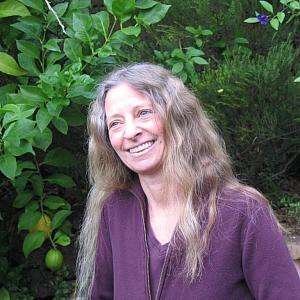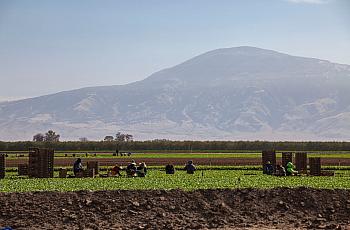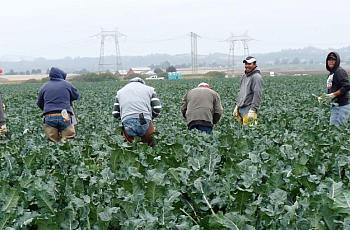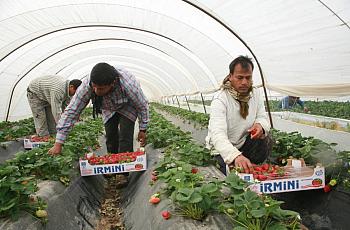
Liza Gross
Reporter, West Coast, National Environmental Reporting Network

Reporter, West Coast, National Environmental Reporting Network
Liza Gross is a reporter for Inside Climate News based in Northern California, author of The Science Writers’ Investigative Reporting Handbook and a contributor to The Science Writers’ Handbook, both funded by National Association of Science Writers’ Peggy Girshman Idea Grants. She has long covered science, biodiversity, agriculture, public and environmental health and justice with a focus on the abuse of science for private gain. She is a 2015 California Health Data Journalism Fellow and a 2013 Dennis Hunt Fund for Health Journalism fellow.

Scores of California farmworkers are dying in the heat in regions with chronically bad air, even in a state with one of the toughest heat standards in the nation.

Cascading climate disasters and unjust labor and immigration policies leave undocumented farm laborers without a safety net.


Here we check in with prominent health journalists and experts to see what sites, newsletters and social media feeds they turn to first every morning. This week, we caught up with Liza Gross, freelance health journalist and senior editor of PLOS Biology. Here are her top morning reads.

California's psychiatric hospitals can be highly dangerous places, both for patients and staff. Lost work days and overtime pay are huge. But reporters looking to track down reliable data on assaults face an uphill climb.

At California’s state psychiatric hospitals, ongoing assaults on staff by patients can make it nearly impossible to provide a therapeutic environment.


In 2010, a nurse at Napa State Hospital walked back to her ward after dinner, following the same path she’d taken hundreds of times before. But this time, she ran into a patient who should never have been allowed to roam the hospital grounds unsupervised.

Reporter Liza Gross was seeking a fresh way to convey the risky environmental conditions facing California farming communities. But after running into a series of data swamps, she turned to experts for help and unexpectedly found her story in the strawberry fields of Oxnard, Calif.

Oxnard and surrounding Ventura County grow more than 630 million pounds of strawberries a year. The pesticides that growers depend on—a revolving roster of caustic and highly volatile chemicals called fumigants—are among the most toxic used in agriculture.